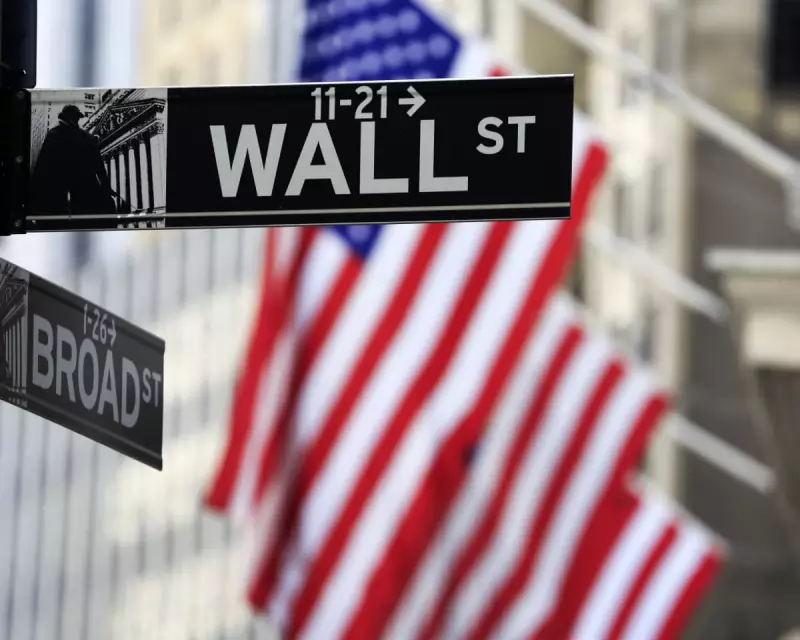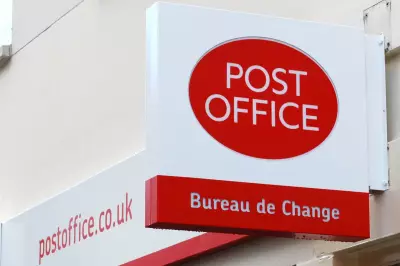
The spectre of a second Trump administration is sending shockwaves through the global technology sector, with proposals for drastic increases to US H-1B visa fees threatening to upend business models and stifle innovation on both sides of the Atlantic.
According to exclusive reporting, plans are being drawn up that could see the cost of these critical skilled worker visas skyrocket from a current range of $2,000-$5,000 to a staggering $25,000 or even $50,000 per application. This move, framed as a measure to prioritise American workers and generate revenue, is being met with alarm by UK-based tech firms and multinationals with significant operations in the United States.
An Existential Threat to UK Tech Expansion
For British technology companies, from nimble fintech startups to established software giants, the H-1B visa has long been the essential gateway to the lucrative American market. This potential fee hike represents more than a simple increased cost of doing business; it is viewed as an existential threat to expansion plans and transatlantic collaboration.
Industry analysts predict such a policy would force a fundamental rethink of global staffing strategies. "The immediate impact would be a severe contraction in the ability of UK firms to deploy their best talent to work on US projects," noted a London-based tech CEO. "We're not just talking about increased paperwork; we're talking about a policy that could make it financially unviable to compete in the world's largest economy."
Broader Economic Repercussions and a Global Talent War
The ramifications extend far beyond corporate balance sheets. Economists warn that restricting the flow of high-skilled talent could inadvertently damage US productivity and innovation, particularly in STEM fields where domestic supply often falls short of demand. The US tech industry itself, a global leader, has historically relied on international talent to fuel its growth.
Furthermore, the policy is poised to severely impact Indian IT services giants like Infosys and TCS, which are major users of the H-1B programme. This could disrupt global supply chains for technology services and potentially trigger a redistribution of skilled workers to other welcoming countries like Canada, Australia, and within Europe, igniting a new global war for talent.
A Chilling Effect on US-UK Trade Relations
The proposed fees also cast a shadow over broader US-UK trade and diplomatic relations. At a time when economic cooperation is seen as crucial, such a protectionist move could create a significant point of tension. The UK government, which often touts its thriving tech sector, may face pressure to respond if its companies are effectively priced out of a key market.
While the proposal appeals to a populist base concerned with domestic job protection, critics argue it is a blunt instrument that fails to address the nuanced needs of a modern, interconnected global economy. The coming months will be critical as businesses on both sides of the pond brace for a potential seismic shift in immigration policy.





